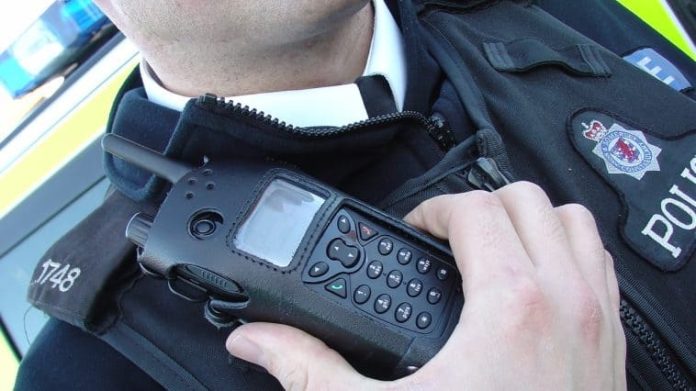The Government has this week unveiled new public health regulations strengthening police enforcement powers in England, to reduce the spread of coronavirus, protect the NHS and save lives.
To ensure people stay at home and avoid non-essential travel, if members of the public do not comply the police can now:
- instruct them to go home, leave an area or disperse
- ensure parents are taking necessary steps to stop their children breaking these rules
- issue a fixed penalty notice of £60, which will be lowered to £30 if paid within 14 days
- issue a fixed penalty notice of £120 for second time offenders, doubling on each further repeat offence
Individuals who do not pay a fixed penalty notice under the regulations could be taken to court, with magistrates able to impose unlimited fines.
If an individual continues to refuse to comply, they will be acting unlawfully, and the police may arrest them where deemed proportionate and necessary.
However, in the first instance the police will always apply their common sense and discretion.
Home Secretary Priti Patel said: “The Prime Minister has been clear on what we need to do: stay at home to protect our NHS and save lives. All our frontline services really are the best of us and are doing an incredible job to stop this terrible virus from spreading.”
“That’s why I’m giving the police these new enforcement powers, to protect the public and keep people safe.”
In addition to the new powers, a package of support has been unveiled to boost police resources.
Around 1,500 additional police officers have already joined forces across England and Wales since September 2019 as a result of the police recruitment campaign.
Individuals are only allowed to leave their home for the following very limited purposes:
- shopping for basic necessities, as infrequently as possible
- one form of exercise a day – for example, a run, walk or cycle – alone or with members of their household
- any medical need, to provide care or to help a vulnerable person
- travelling to and from work, but only where they cannot work from home
Participating in gatherings of more than two people in public spaces is also not permitted except in very limited circumstances, for example, where it is for essential work purposes.







